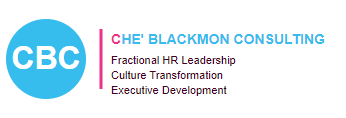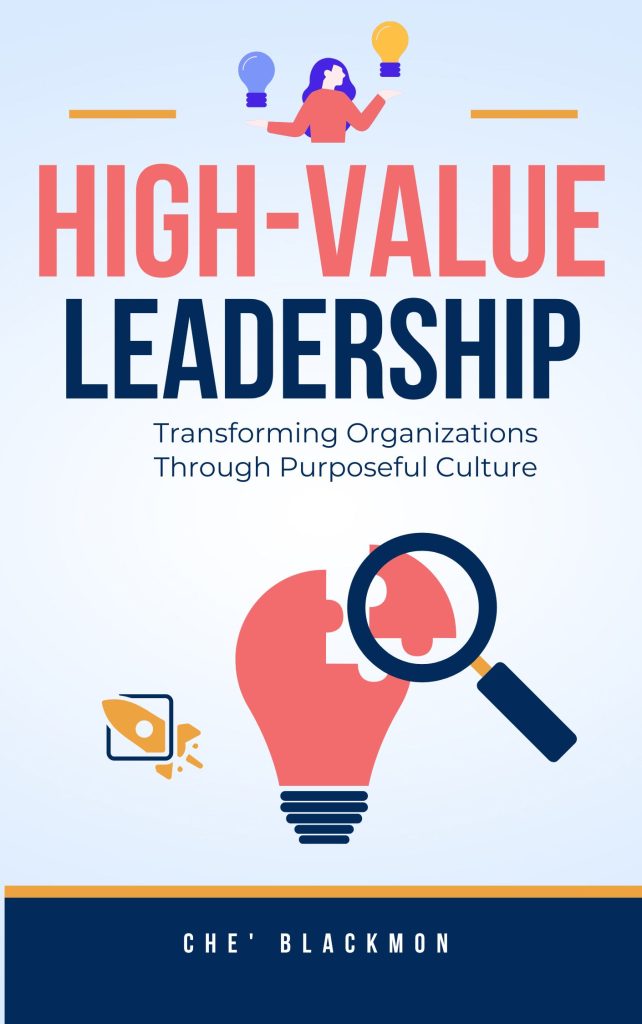Your cart is currently empty!
Over the last few years, an alarming development has been witnessed as the label ‘DEI’ – Diversity, Equity, and Inclusion – is being used to demonize the very professionals it should be supporting. It’s now time to understand what lies behind this polarizing term, as companies get serious about constructing inclusive work environments, rather than tarrying with the first step of merely recreating one where everybody can succeed.
The Evolution of a Term
A pledge by organizations to better accommodate workplace diversity has, in many facets, turned into a pejorative term that leverages the very accomplishments of underrepresented professionals. Reflecting the tension present in both work dynamics and greater culture, this plot twist has unfolded.
Understanding the Backlash
Several reasons are attributed to this polarization:
Misconceptions About Merit
Some errantly believe that diversity, equity, and inclusion efforts favor demographics over qualifications. This basic misunderstanding equates to unfair assumptions regarding professionals from underrepresented groups, insinuating their accomplishments are due to quotas, not capability.
Cultural Change Resistance
As touched upon in “Mastering a High-Value Company Culture,” there is inevitable resistance that arises with any major cultural shift. Where this resistance crosses over with privilege and systemic barrier topics, it often equates to aggression towards DEI and professionals associated with it.
Oversimplification of Nuanced Issues
The boiling down of three-letter acronyms to explain complex workplace dynamics has created an ease with which critics can be dismissive of the very real challenges and barriers that have traditionally been at the doorsteps of other professionals.
The Effect on Professionals
Weaponizing ‘DEI’ has consequences in the real world:
- Capable professionals question their own capabilities
- Additional burden to “prove” oneself above and beyond peers
- Psychological and emotional strain of hostile workplace dynamics
- Unwillingness to participate in or lead diversity initiatives

Moving Forward: Reframing the Discussion
Business Excellence
Instead of making DEI a free-standing initiative, position it within larger conversations of organizational excellence. As evidence from all the successful case studies makes clear, supported diverse teams consistently outperform.
Focus on Systemic Solutions
The focus must be directed at systemic barriers and biases in organizational structures, not on individual programs. It’s about shifting the focus from individual traits to how well the institution functions.
Genuine Leadership Buy-in
Leadership has to actively take back the hijacking of DEI language and actually commit to making workplaces inclusive in ways other than rhetoric.
Sustaining Positive Change
To have organizations get beyond polarization and sustain positive change:
- Set clear, measurable objectives linked with business outcomes
- Use holistic talent strategies centering excellence and inclusion
- Construct accountability mechanisms at all levels of the organization
- Encourage open discussions of workplace issues and solutions
- Showcase and promote success stories that focus on the business case for inclusive behaviors
The Way Ahead
Polarization of DEI terminology reminds us that true organizational change is way deeper than new initiatives or programs, representing the core commitment to having a workplace where professionals are allowed to succeed based on merit, contribution, and potential.
The organizations must move away from just the defensive responses to the criticisms around DEI in a direction toward creating cultures where:
- Excellence is well-defined and deservedly rewarded.
- Diverse viewpoints are valued and sought out.
- The pathway into leadership is transparent and accessible.
- Outcomes – not intentions – account for success.
Conclusions
As the term ‘DEI’ has polarized, it brings to the fore the central issue of having workplaces where all professionals can thrive-a key ingredient in the success of an organization. By focusing on systemic solutions and measuring outcomes with the uncompromising commitment to excellence, the polarizing rhetoric can be looked beyond by organizations and their pursuit of creating an inclusive culture.
—
Contact Che’ Blackmon Consulting at admin@cheblackmon.com to learn how to foster inclusive organizational cultures that fuel excellence. We serve organizations seeking to move past the label and create measurable, sustaining change.
#WorkplaceCulture #InclusiveLeadership #OrganizationalChange #ProfessionalDevelopment #WorkplaceEquity #LeadershipDevelopment #OrganizationalExcellence #CorporateCulture


